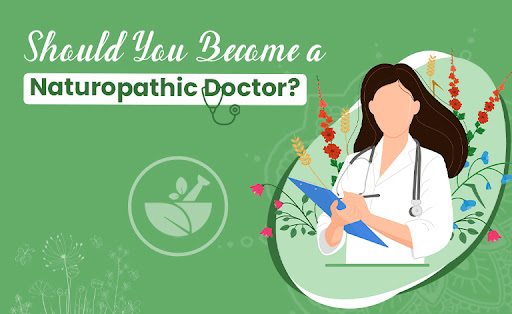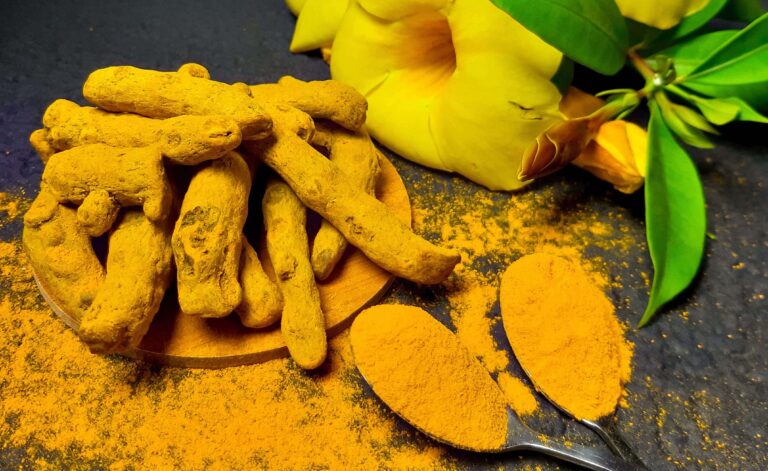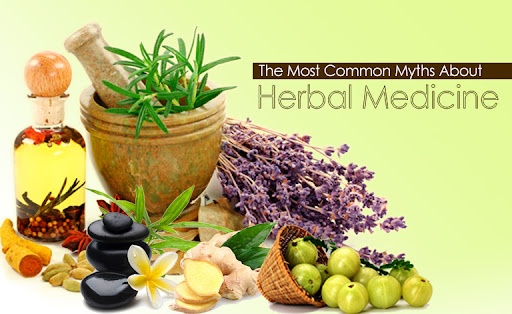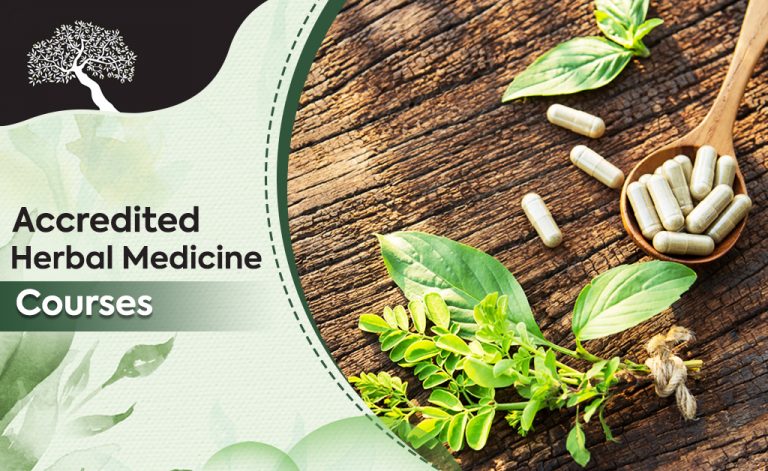A holistic approach to health is used in naturopathic medicine, which emphasises the body’s intrinsic capacity for healing. Practitioners of naturopathy receive rigorous training, and learn the fundamental ideas of naturopathic medicine. This includes non-toxic treatments, comprehensive care plans, and proactive healing techniques that assist patients in achieving improved wellness.
Who are Naturopathic practitioners?
Like medical practitioners, naturopathic practitioners (NDs) are trained to be primary care providers who can identify, treat, and prevent ailments. In order to address the underlying causes of sickness and promote the body’s natural ability to fend against and combat disease, they are highly trained diagnosticians who concentrate on the least invasive and toxic medicines. NDs use cutting-edge medical technology and natural remedies to treat chronic health conditions like diabetes, obesity, asthma, and heart disease.
Nutritional counseling, herbal medicine and iridology, among others, are some of the treatment options. They use personalised treatment and take into account the particular circumstances of each patient based on their genetics, environmental exposures, and way of life.
Outlook for Careers and Industry Statistics
Due to the rise in chronic disease prevalence and the growing need for Western medicine alternatives among people who are health-conscious in the UK and other countries, there is an increased demand for alternative forms of healthcare.
Many studies predict that the employment of naturopathic practitioners will increase faster than the average for all occupations, largely due to the rapidly growing elderly population.
There is definitely a need for more skilled NDs, given the rising demand for this kind of holistic care. Strong incomes and earning possibilities are available to naturopathic practitioners thanks to the increasing demand for natural and non-invasive treatments.
Even though NDs have been practising naturopathic medicine since the early 1900s as a sort of complementary medicine, some individuals continue to doubt their qualifications.
While laws differ from country to country, certified naturopathic practitioners in many countries are legitimate medical practitioners who offer medical services as recognised practitioners. Many NDs do decide to open their own private practices. However, many also collaborate with other medical specialists in a range of healthcare settings, such as:
Universities, clinics, hospitals, and other private healthcare facilities.
What conditions can natural physicians treat?
Naturopathic practitioners in the UK may handle a variety of ailments and disorders, both acute and chronic.
The conditions treated by practising NDs are: allergies, chronic pain, fertility issues, cardiovascular conditions, hormonal imbalances, immune system conditions, fibromyalgia, insomnia, fatigue, women’s health conditions, mental health conditions, digestive conditions, pediatric conditions, endocrine conditions, nutrition etc.
However, some NDs also focus on other medical specialties, including oncology, autoimmune diseases, and men’s health.
How to Start your journey in Naturopathic Medicine?
The advanced education in naturopathy and practical experience necessary to practise as a naturopathic physician can take a fair amount of time (and money) to complete.
You should look into naturopathic training institutions if you’re considering becoming a naturopathic practitioner in the UK.
There are different types of naturopathy courses, and you would need to decide which naturopathy training programme best suits your needs, both personally and professionally.
Final Words
The College of Medicine and Healing Arts offers certified courses on herbal and naturopathic medicine.
This will be an exceptional opportunity for you to learn from Master Herbalist M. Salim Khan and his extensive body of work, in practice and education, is the Diploma in Herbal and Naturopathic Medicine.
Based on the Tibb tradition, this naturopathic and herbal profession uses beneficial information and abilities from complementary and alternative medicine in a way that is ethical, legitimate, and financially sustainable.
Click here to know more about this course.



